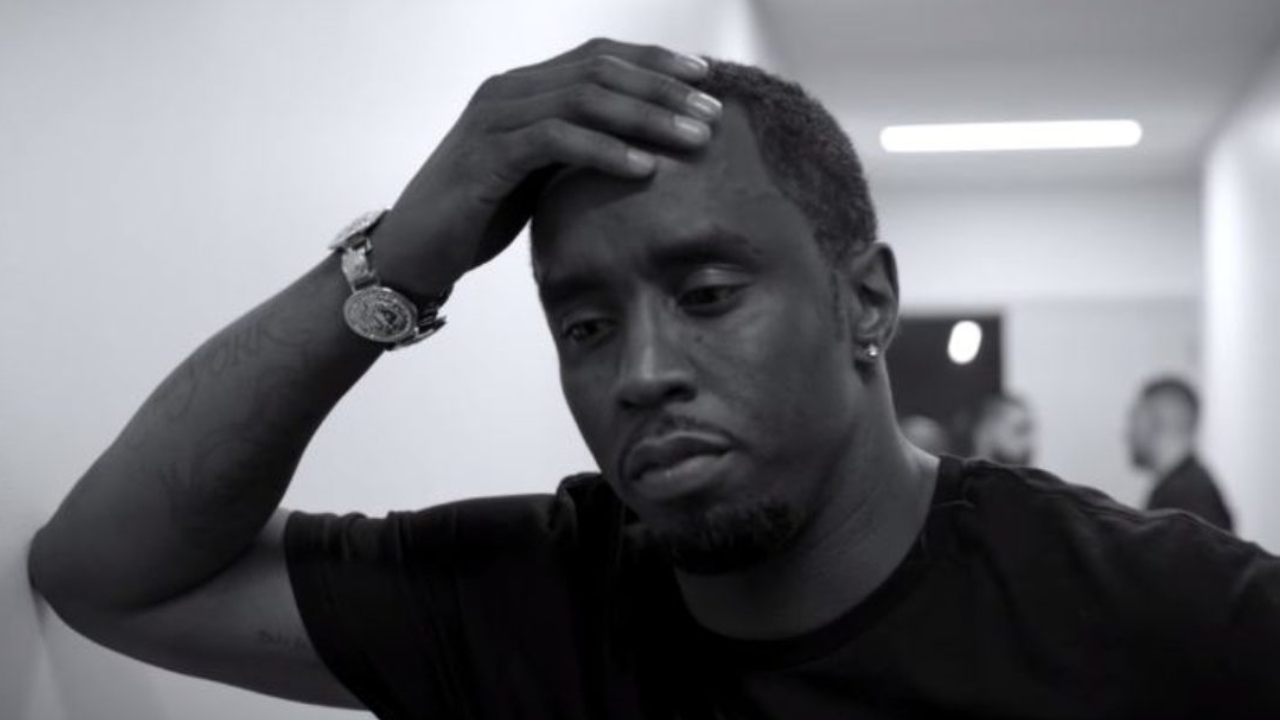
The sex-trafficking trial of Sean Combs (a.k.a. Diddy) has played host to testimonies from witnesses summoned by the prosecution. At present, the defense is preparing to make its case, and one question that’s been floating around for a while is whether Combs himself would take the stand. Now, according to reports, the 55-year-old rapper has decided not to provide testimony during the trial. That news arrives as legal experts weigh in on the changes to the Combs camp’s legal strategy.
It was reported late Tuesday that Diddy would not take the stand amid the courtroom proceedings. That information came from multiple sources, none of whom provided People with a concrete answer for the decision. Even before the trial began, there was considerable discussion regarding the merits of the “I’ll Be Missing You” performer testifying or choosing not to. Fellow rapper Suge Knight asserted that Diddy should take the stand, as he believed that if he were to do so and tell “the truth” he “would walk.”
Fox News about the shift in strategy. While sharing her take, Brenecki opined that the defense did so, in part, due to what it may perceive as shortcomings in the prosecution’s work:
Cassie Ventura, testified that he subjected her to sexual acts that had to be performed with male escorts. Rapper Kid Cudi also provided testimony about alleged incidents involving arson and a home invasion. A friend of Ventura’s also claimed Diddy dangled her from a 17th floor balcony.
Additionally, as part of the prosecution’s case, details regarding Sean Combs’ Freak Off parties have been shared in court as has purported information on his Wild King Nights. Whether or not all of that and more will directly be addressed by Combs’ legal team is unclear. However, another attorney based in New York, David Schwartz, also tells Fox that there’s not as much pressure on the defense as there is on the prosecution:
The defense does not have to put on a case at all. It is up to the prosecution to prove their case beyond a reasonable doubt, and the defendant gets every presumption of innocence. So, in many cases, the defense does not put on a case at all. By putting on no case or a short case, the defense is emphasizing that the prosecution did not meet its burden. The last thing you want to do as a defense attorney is to shift the burden by putting on a long case. The burden never shifts, but the longer the case the defense puts on, the more juries forget about the burden, which is bad.
Diddy was arrested in September 2024 and charged with counts of sex-trafficking and racketeering conspiracy by the feds. If he’s found guilty, he could face up to life in prison. As the trial nears its sixth week, the prosecution is nearly finished making its case. Time will tell how Diddy’s attorneys will proceed once they’re given the floor and how the music producer’s decision not to testify might factor into that.
